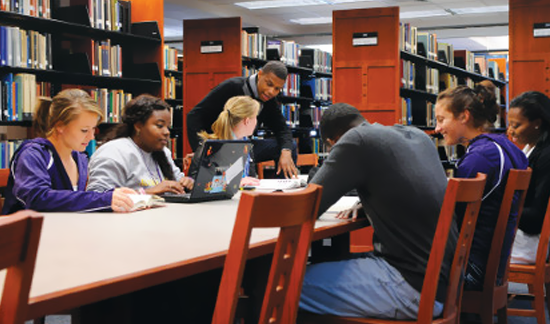
Dean and Director

Media and Communications

Leadership

ASU Foundation, Inc.
Under the leadership of Alcorn State University President Walter Washington, the organizational meeting for the university’s foundation was held on July 31, 1973 at the Hotel Heidelberg in Jackson, Mississippi.
The incorporators were Mr. Robert W. Bowles; Mr. Robert D. Gage, III; Mr. Robert C. Garraway; Mr. Richard G. Hastings; Mr. John D. Holland; Dr. Ruby E.S. Lyells; Mr. Carl McIntire, Jr.; Mr. Oliver G. Taylor, Jr.; Dr. Cleopatra D. Thompson; and Dr. Walter Washington.
Office of Alumni and Staff Development
The visit for the Office of Alumni and Staff Development for the College of Agriculture and Applied sciences is to Advance the goal, objectives and priorities of the university and school.
